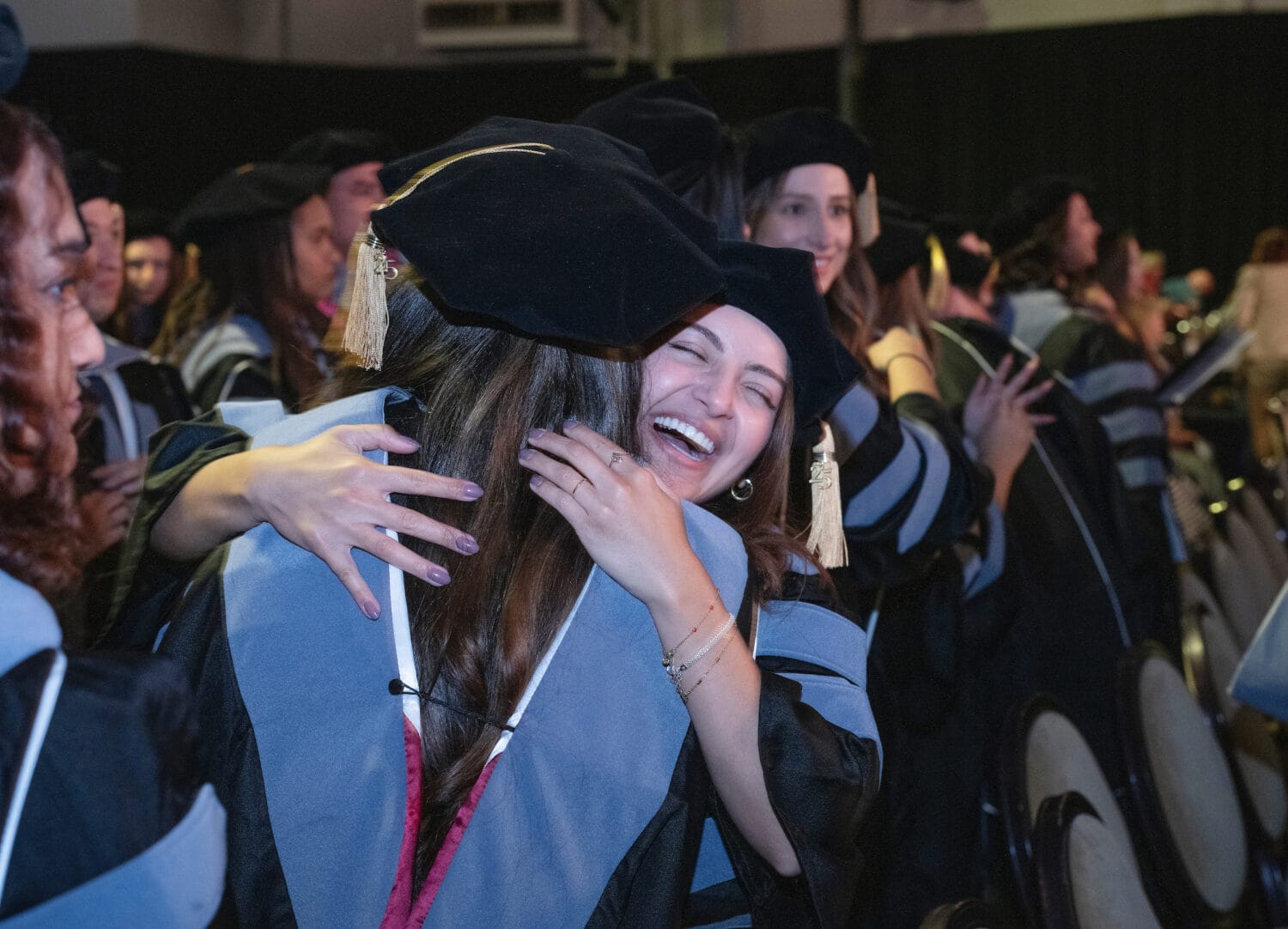Rabbit Rescue
People have been bringing their pet rabbits to Long Beach City College for years to “set them free,” but these bunnies face a harsh life of diseases, injuries and death.
“They think we’re a bunny sanctuary,” said Donna Prindle, LBCC associate professor of physical education. “But it’s not a safe place for them here. They’re competing for space.”
Rabbits are territorial and will fight when outsiders encroach on their area, she said.
Prindle is part of LBCC’s Rabbit Population Management Task Force. They have partnered with Western University of Health Sciences, The Bunny Bunch S.P.C.R. (Society for the Proper Care of Rabbits) in Montclair and Best Friends Animal Society in Utah to provide foster care, medical assistance and adoption opportunities as a way to humanely address this problem.
“We’re so thankful to have Western here,” Prindle said. “It’s like an answer to our prayers.”
There are an estimated 300 rabbits on campus, Prindle said.
“We can tell when there was a recent drop off,” she said. “The bunnies are usually cowering in the bushes.”
People see a bunch of rabbits on campus and they think it’s a good place to leave them, said Jacque Olson, LBCC academic administrative assistant and a member of the rabbit task force.
“It’s against the law and it’s cruel to the animal,” she said. “It’s a harsh environment for them. We have so many predators on campus – coyotes, foxes, hawks and feral cats. This is our humane approach to controlling the population and educating the community. That’s our No. 1 goal.”
The main problem they’re seeing is poor body condition – the rabbits are underweight because they’re not getting enough food, said WesternU College of Veterinary Medicine Associate Professor Diane McClure, DVM, PhD.
“They can’t fight off diseases,” she said. “And it makes any other disease that comes along more severe.”
Several rabbits have contracted syphilis, which could have been taken care of early if they still lived in a normal household, McClure said. Instead, these problems went unchecked and their condition worsened.
The LBCC project provides a unique opportunity to treat a large number of rabbits in a short period of time, which will be useful in gathering clinical research data to learn more about rabbits, rabbit surgery, and post-operative monitoring, McClure said.
There are many places like LBCC, where domesticated rabbits are abandoned, said Caroline Charland, president and founder of The Bunny Bunch S.P.C.R., a nonprofit, no-kill rabbit rescue organization. The Bunny Bunch helped coordinate the LBCC rabbit spay and neuter clinic and raised money to cover the costs, as did the college.
“People have no idea how much care is involved with a rabbit,” Charland said. “People think children can look after a rabbit because they are so cute looking. But they could be dangerous if held by children.”
Children should not serve as the primary rabbit caretaker. A child might hug too hard or hold the bunny against its will, which could result in injuries to the child and the rabbit.
“Families don’t want them because they had no idea the child was going to lose interest,” Charland said. “It’s a lot harder to have than a cat or a dog. They’re wonderful pets, but people need to be educated about their care."
Anyone interested in bringing a bunny home for Easter should first learn more about how to properly care for one. Visit The Bunny Bunch online for more information. To learn more about adopting a rabbit, please contact The Bunny Bunch or Long Beach City College – Donna Prindle at dprindle@lbcc.edu, (562) 938-4356, or Jacque Olson at jolson@lbcc.edu, (562) 938-4370.



